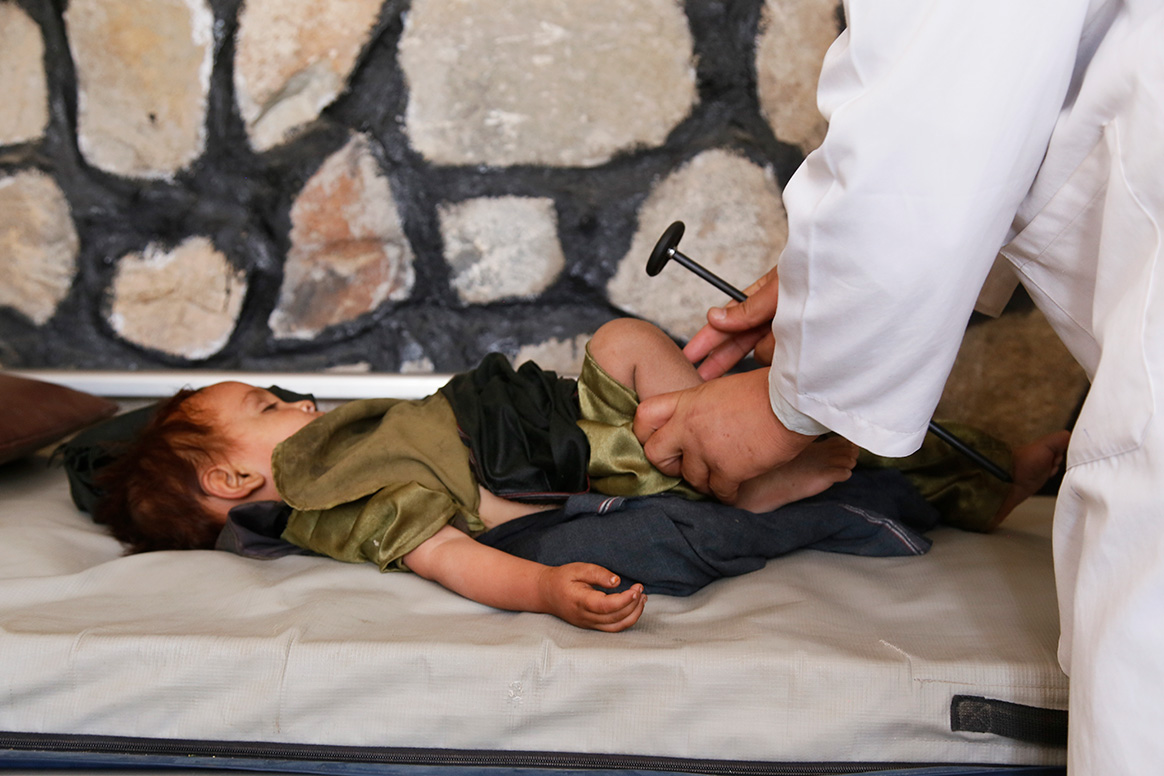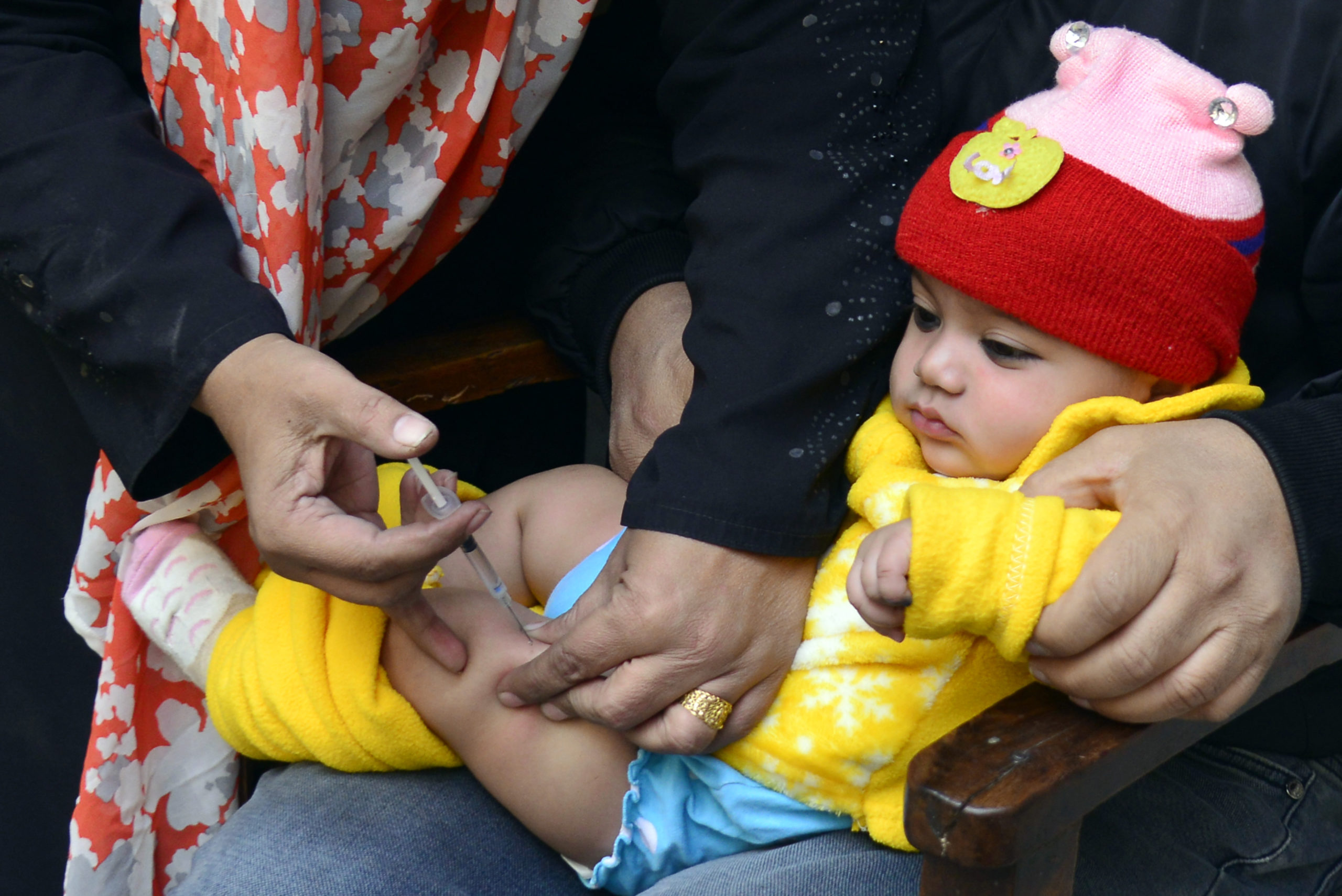
The year 2024 has not been an easy one for polio eradication, with an increase in wild poliovirus transmission in the remaining two endemic countries and new and high-profile outbreaks including in Gaza. And yet global commitment to polio eradication remains as high as ever.
From community groups to G7 leaders, the determination to complete polio eradication goes beyond the health sector. Political, multi-lateral fora including the Leaders and Health Ministers from the G7 and G20, and the Commonwealth, all underscored the opportunity we have in ridding the world of polio once and for all. Countries, bilateral institutions and oversight and advisory groups, ranging from the World Health Assembly, to Regional Committees and the Eastern Mediterranean Regional Sub-committee for Polio Eradication and Outbreaks, to the African Regional Certification Committee for Poliomyelitis Eradication, all continue to voice their support to the global eradication effort. Such support is echoed by civil society and communities, led by Rotary International and Rotarians from around the world. Youth delegates at the inaugural in-person meeting of the Model WHO brought new generations to this quest.
G7 Leaders: “We recommit to ending… neglected tropical diseases and polio as public health threats…”
G7 Health Ministers: “We recommit to ending… polio. We also commend the Global Polio Eradication Initiative’s efforts to eradicate polio and call for keeping the efforts strong in order to reach eradication before 2030.”
Commonwealth Summit: “Heads urged for increased global and national efforts… to eradicate polio…”
G20 Leaders: “We also reaffirm our commitment to ending the epidemics of AIDS, tuberculosis, malaria and for polio eradication.
G20 Health Ministers: “We also reaffirm our commitment to ending the epidemics of AIDS, tuberculosis, malaria and for polio eradication.”
Such political support across all levels is critical to securing success, as the challenges to global eradication are now primarily a geopolitical. Medically and technically, everything is in place to achieve success. The key lies in reaching all remaining children who have not yet been fully vaccinated, and the answer to those challenges lies squarely in political will. As one delegate at the recently-held Model WHO said: “Rain does not fall on a single house alone. If we can reach children in Gaza given the current situation, we can reach children anywhere.”



